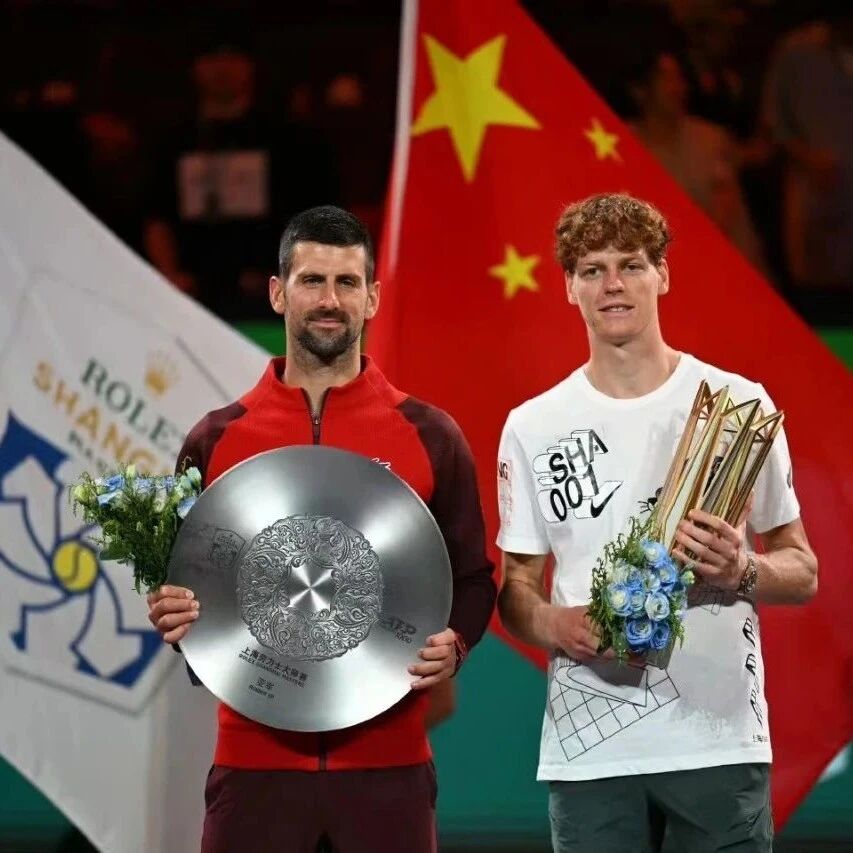Zheng Qinwen Eliminated at Madrid Open: How Many Questions After the Highlight?
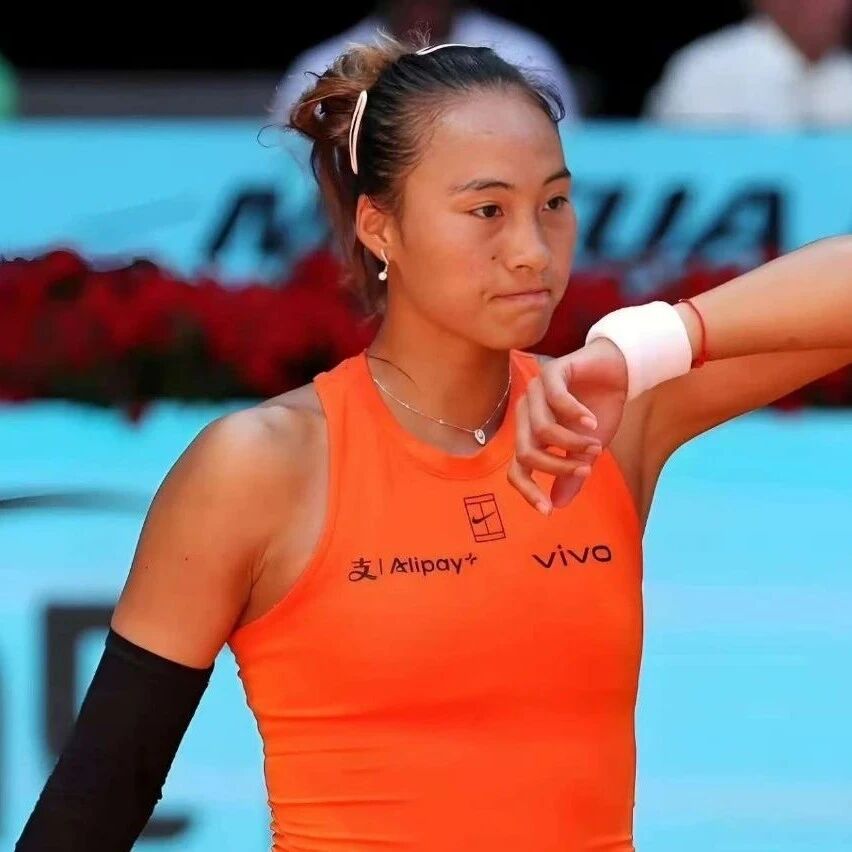
In the second-round women's singles match of the WTA1000 Madrid Open on April 25, China's tennis "leading lady" Zheng Qinwen suffered a shocking early exit, losing 0-2 to Russia's Potapova.
As the tournament's No. 8 seed, Zheng Qinwen's performance in this match left countless fans who had been eagerly anticipating a standout result feeling deeply disappointed—and also cast a shadow over her clay-court season.
From the match itself, Zheng Qinwen's performance was nothing short of poor. She found herself trailing 0-2 right from the start of the first set, and although she managed to mount a comeback at one point, her inability to seize crucial points became painfully evident—she committed multiple double faults and unforced errors, ultimately losing the opening set 4-6.
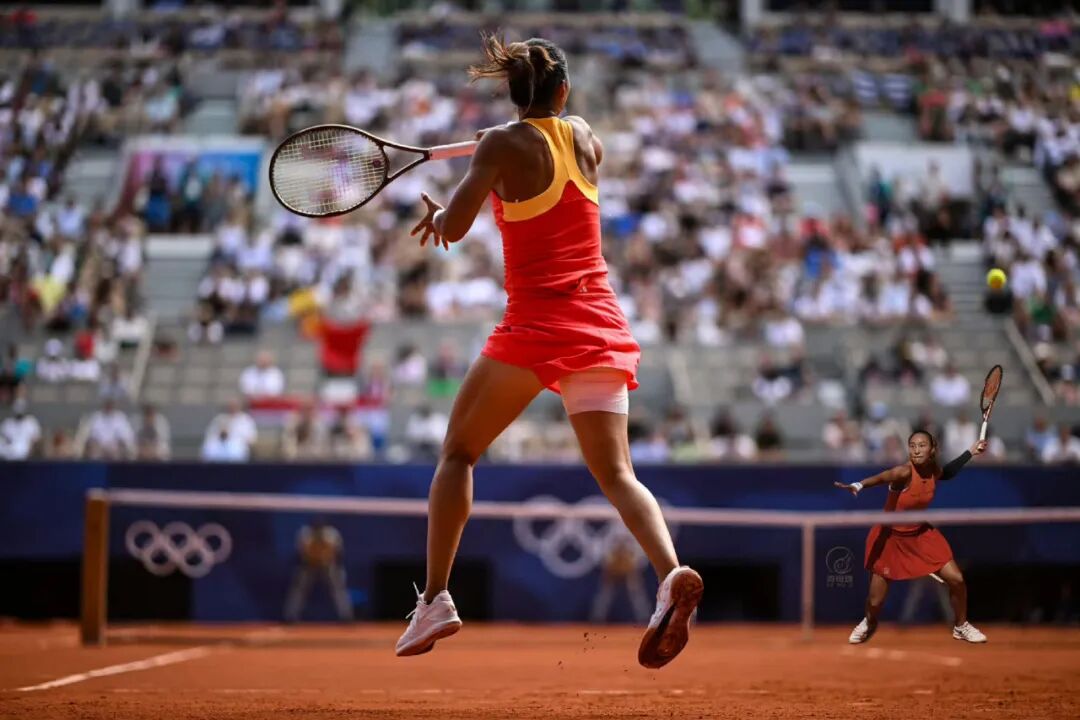
In the second set, although she managed to break her opponent's serve in the third game to take the lead, she soon fell back into her usual pattern of unforced errors, allowing her opponent to win four consecutive games. Ultimately, she lost the match 4-6 and was eliminated with a straight-set score of 0-2.
Throughout the match, Zheng Qinwen managed only a 44% first-serve success rate, committed as many as 30 unforced errors, and struggled particularly badly at crucial points, with an error rate soaring to 57%. These stats starkly contrast with her ranking among the world’s top ten, revealing significant issues both in her technical execution and mental approach.
On a technical level, Zheng Qinwen’s serve and return performance in this match were nothing short of disastrous. As the serve is one of tennis’s most crucial weapons, she simply couldn’t find her rhythm—her first serve lacked any real power, while her second serve was consistently neutralized by her opponent, forcing her into defensive positions time and again during service games.
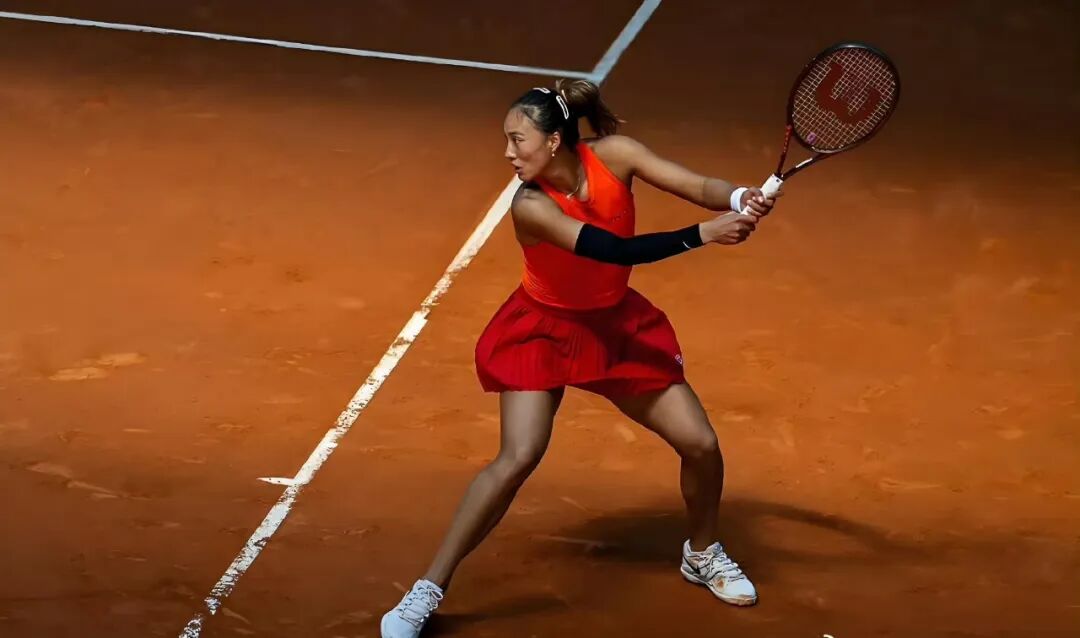
The serving-and-return phase was equally poor—against Potapova’s powerful serves, she lacked an effective counterstrategy, committing numerous return errors and failing to put any pressure on her opponent’s service games. Moreover, her baseline technique lacked consistency, leading to frequent mistakes during extended rallies and preventing her from capitalizing on her own offensive strengths.
Mental attitude issues also cannot be overlooked. During matches, we can clearly see how Zheng Qinwen hesitates and lacks confidence at crucial moments. When the score becomes tight or critical points arise, her mindset tends to waver, preventing her from staying calm and focused—qualities that top-level players consistently demonstrate when making the right decisions.
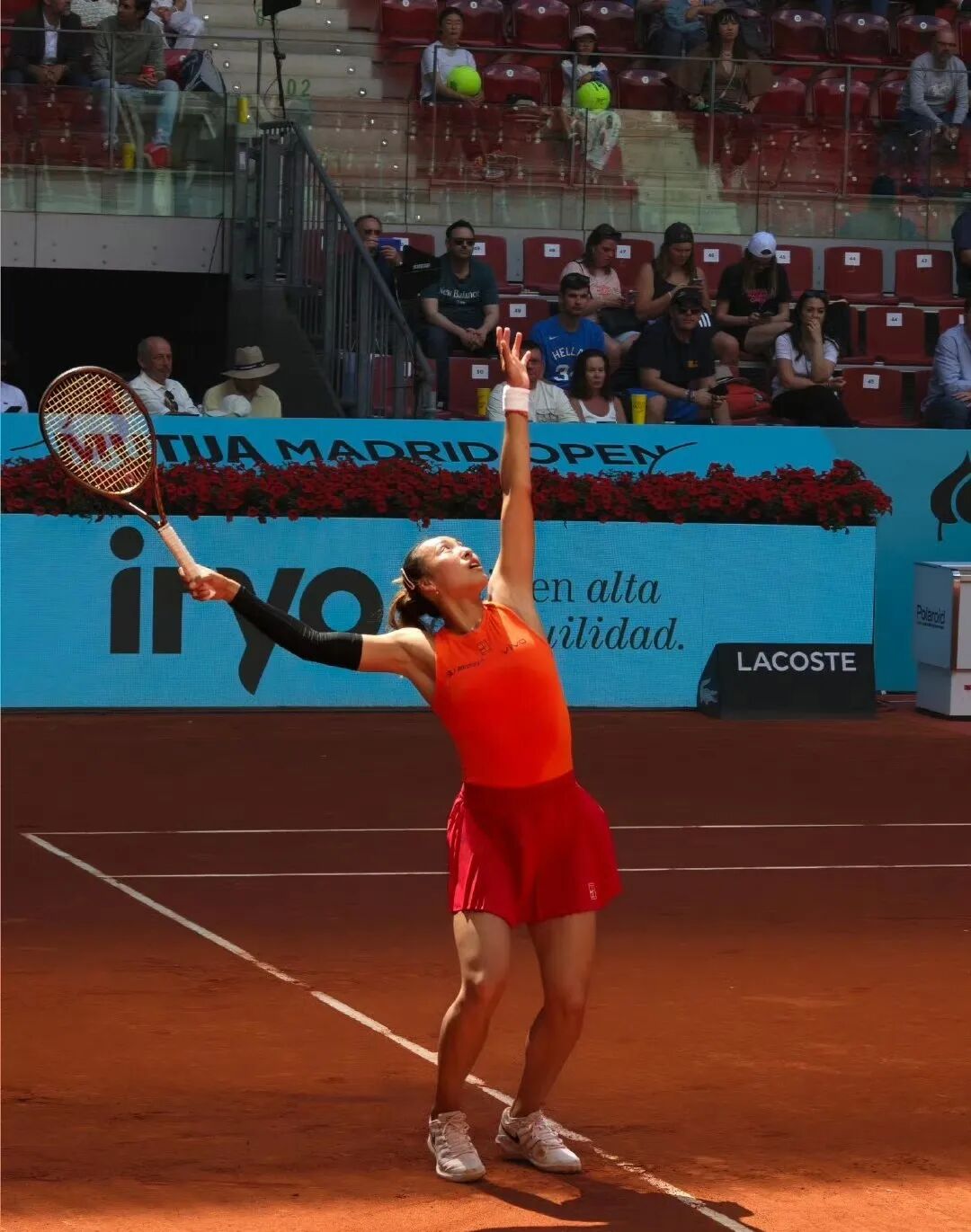
This emotional immaturity often prevents her from performing at her best when facing opponents of equal strength. In particular, being overturned by her opponent after taking the lead in the second set clearly highlights her weaknesses in mental adjustment and resilience under pressure.
Madrid's defeat could very well become a turning point in Zheng Qinwen's career. She needs to confront her technical and mental challenges head-on, ramp up her training, and steadily strengthen her game. Meanwhile, fans should offer more understanding and support—after all, wins and losses are part of the journey, and no one can remain at the top forever.
Related Articles

The draw for the WTA1000 Dubai tournament has been announced, and Zheng Qinwen will face off against Jabeur once again.
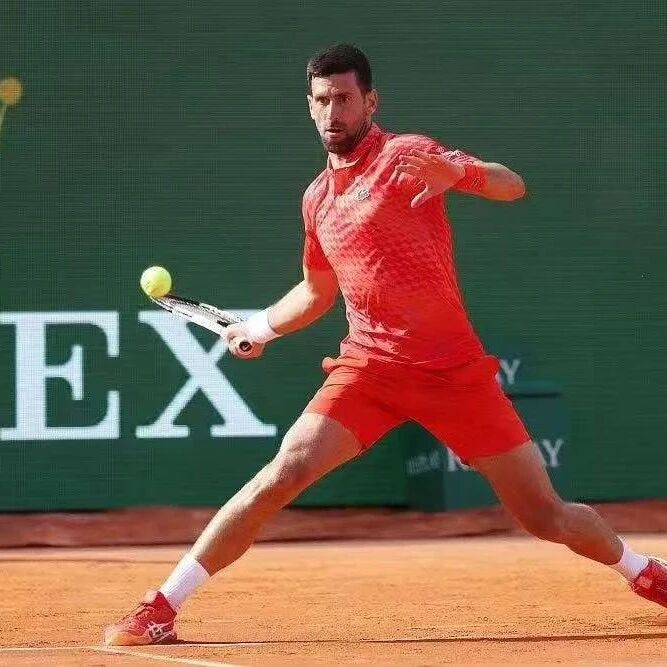
Red Clay Rumbles as Monte Carlo Masters Men's Singles Draw Unveiled
